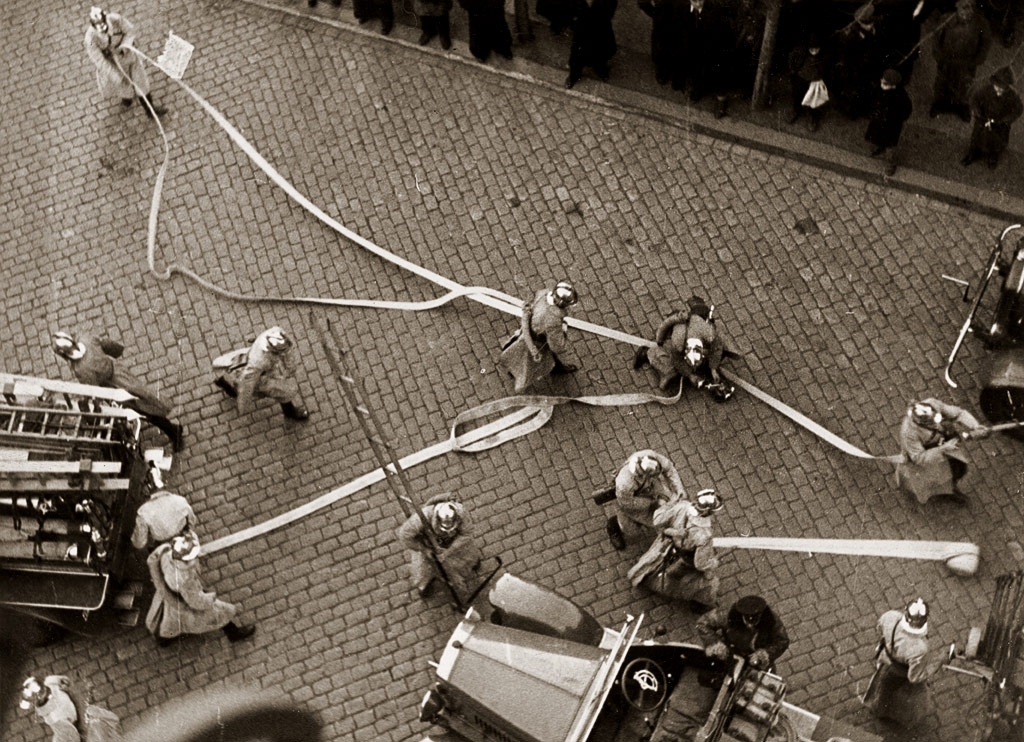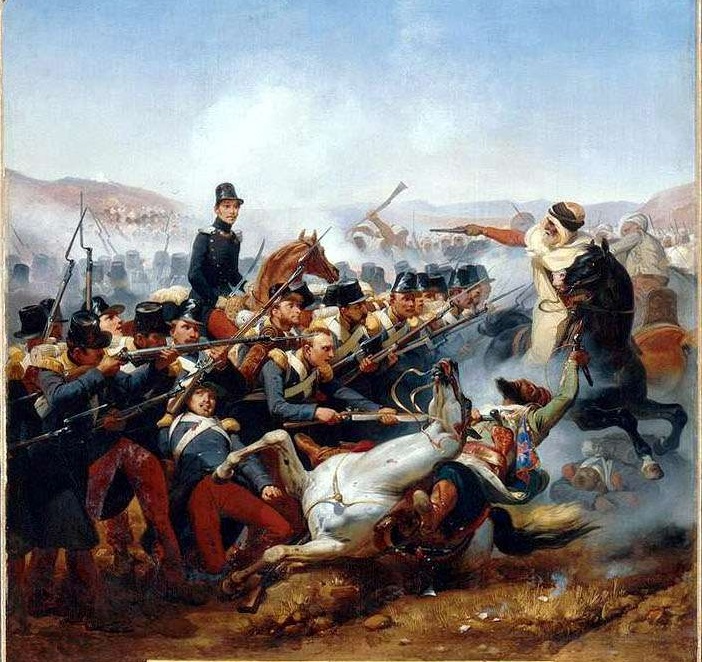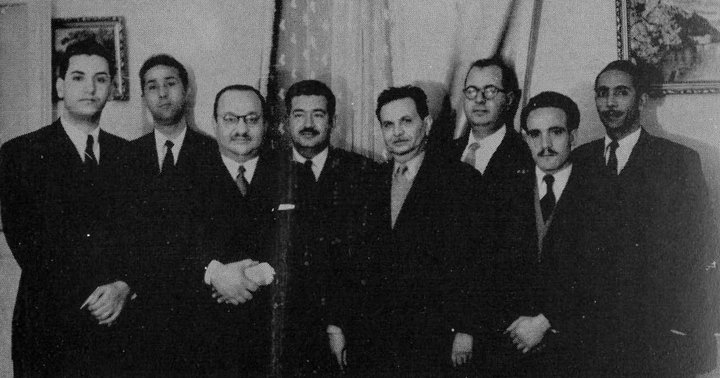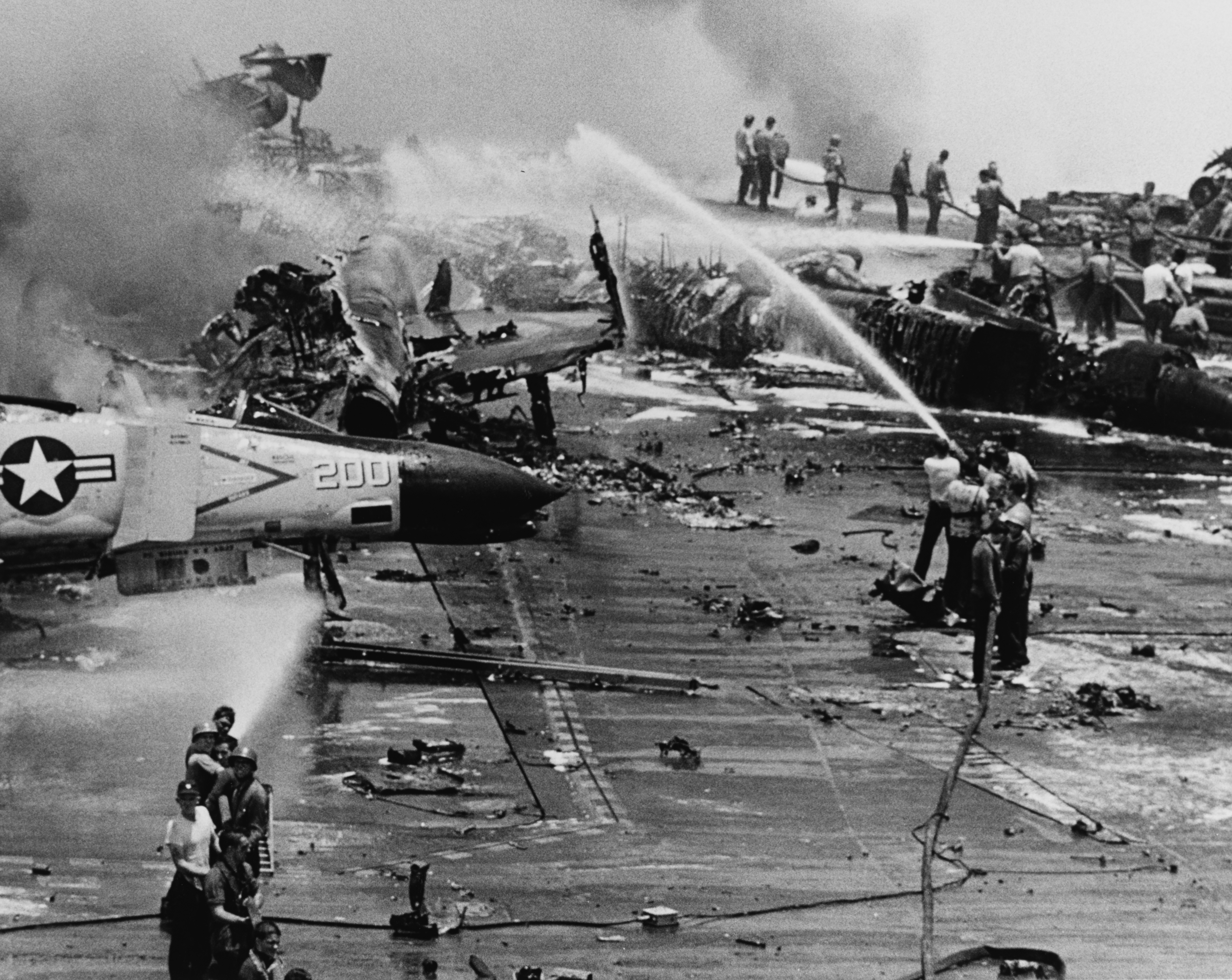|
Algerian Civil Defence
The Algerian Civil Defense () is a unit of the Algerian government responsible for firefighting, rescue services, and emergency response. History Following the Algerian Revolution and the exit of the French colonial powers in 1962, the responsibility for management of Algerian firefighters fell to individual municipalities. On April 15, 1964, under the Presidency of Ahmed Ben Bella, the National Civil Protection Service was created to standardize and professionalize the corps of Algerian firefighters and rescue workers. However, the municipal administration and financing of the services were left intact. This structure changed in 1976 when the service was replaced by Algerian Civil Defense, nationalizing administration and day-to-day operations. References Civil defense Emergency services in Algeria Algeria Algeria, officially the People's Democratic Republic of Algeria, is a country in the Maghreb region of North Africa. It is bordered to Algeria–Tunisia bo ... [...More Info...] [...Related Items...] OR: [Wikipedia] [Google] [Baidu] |
Algeria
Algeria, officially the People's Democratic Republic of Algeria, is a country in the Maghreb region of North Africa. It is bordered to Algeria–Tunisia border, the northeast by Tunisia; to Algeria–Libya border, the east by Libya; to Algeria–Niger border, the southeast by Niger; to Algeria–Western Sahara border, the southwest by Mali, Mauritania, and Western Sahara; to Algeria–Morocco border, the west by Morocco; and to the north by the Mediterranean Sea. The capital and List of cities in Algeria, largest city is Algiers, located in the far north on the Mediterranean coast. Inhabited since prehistory, Algeria has been at the crossroads of numerous cultures and civilisations, including the Phoenicians, Numidians, Ancient Rome, Romans, Vandals, and Byzantine Greeks. Its modern identity is rooted in centuries of Arab migrations to the Maghreb, Arab Muslim migration waves since Muslim conquest of the Maghreb, the seventh century and the subsequent Arabization, Arabisation ... [...More Info...] [...Related Items...] OR: [Wikipedia] [Google] [Baidu] |
Firefighting
Firefighting is a profession aimed at controlling and extinguishing fire. A person who engages in firefighting is known as a firefighter or fireman. Firefighters typically undergo a high degree of technical training. This involves structural firefighting and wildland firefighting. Specialized training includes aircraft firefighting, shipboard firefighting, aerial firefighting, maritime firefighting, and proximity firefighting. Firefighting is a dangerous profession due to the toxic environment created by combustible materials, with major risks being smoke, oxygen deficiency, elevated temperatures, poisonous atmospheres, and violent air flows. To combat some of these risks, firefighters carry self-contained breathing apparatus. Additional hazards include falling (accident), falls – a constant peril while navigating unfamiliar layouts or confined spaces amid shifting debris under limited visibility – and structural collapse that can exacerbate the problems encountered in a toxi ... [...More Info...] [...Related Items...] OR: [Wikipedia] [Google] [Baidu] |
Rescue Services
Emergency services and rescue services are organizations that ensure public safety, security, and health by addressing and resolving different emergencies. Some of these agencies exist solely for addressing certain types of emergencies, while others deal with ad hoc emergencies as part of their normal responsibilities. Many of these agencies engage in community awareness and prevention programs to help the public avoid, detect, and report emergencies effectively. Emergency services are often considered first responders, and typically have dedicated emergency vehicles. Emergency services have one or more dedicated emergency telephone numbers reserved for critical emergency calls. In many countries, one number is used for all of the emergency services (e.g. 911 in many parts of the Americas, 999 in the United Kingdom, 112 in continental Europe, 000 in Australia). In some countries, each emergency service has its own emergency number (e.g. 110 for police, 118 for coast guard, 119 for ... [...More Info...] [...Related Items...] OR: [Wikipedia] [Google] [Baidu] |
War Of Algeria
The Algerian War (also known as the Algerian Revolution or the Algerian War of Independence) ''; '' (and sometimes in Algeria as the ''War of 1 November'') was an armed conflict between France and the Algerian National Liberation Front (Algeria), National Liberation Front (FLN) from 1954 to 1962, which led to Algeria winning its independence from France. * * * * * * An important decolonization war, it was a complex conflict characterized by guerrilla warfare and war crimes. The conflict also became a civil war between the different communities and within the communities. The war took place mainly on the territory of Algeria, with repercussions in metropolitan France. Effectively started by members of the FLN on 1 November 1954, during the ("Red All Saints' Day"), the conflict led to serious political crises in France, causing the fall of the Fourth French Republic, Fourth Republic (1946–58), to be replaced by the Fifth French Republic, Fifth Republic with a strengthened pres ... [...More Info...] [...Related Items...] OR: [Wikipedia] [Google] [Baidu] |
French Algeria
French Algeria ( until 1839, then afterwards; unofficially ; ), also known as Colonial Algeria, was the period of History of Algeria, Algerian history when the country was a colony and later an integral part of France. French rule lasted until the end of the Algerian War which resulted in Algeria's Independence Day (Algeria), gaining independence on 5 July 1962. The French conquest of Algeria began in 1830 with the Invasion of Algiers (1830), invasion of Algiers which toppled the Regency of Algiers, though Algeria was not fully conquered and Pacification of Algeria, pacified until 1903. It is estimated that by 1875, approximately 825,000 indigenous Algerians were killed. Various scholars describe the French conquest as genocide. Algeria was ruled as a French colony, colony from 1830 to 1848, and then as multiple Departments of France#Departments of Algeria (Départements d'Algérie), departments, an integral part of France, with the implementing of the French Constitution of 18 ... [...More Info...] [...Related Items...] OR: [Wikipedia] [Google] [Baidu] |
Ahmed Ben Bella
Ahmed Ben Bella (; 25 December 1916 – 11 April 2012) was an Algerian politician, soldier and socialist revolutionary who served as the head of government of Algeria from 27 September 1962 to 15 September 1963 and then the first president of Algeria from 15 September 1963 until his overthrow on 19 June 1965. Ben Bella played an important role during the Algerian war of independence against France, leading the FLN, organizing the shipment of foreign weapons and coordinating political strategy from Cairo. Despite not being present in Algeria, French authorities tried to assassinate him multiple times. Once Algeria gained independence in 1962, Ben Bella's Oujda Group seized power from Benyoucef Benkhedda's provisional government after a short crisis, and Ben Bella became prime minister of Algeria with Ferhat Abbas as acting president. Ben Bella succeeded Ferhat Abbas on 15 September 1963 after rapidly sidelining him, and was elected president after winning an election with ... [...More Info...] [...Related Items...] OR: [Wikipedia] [Google] [Baidu] |
Civil Defense
Civil defense or civil protection is an effort to protect the citizens of a state (generally non-combatants) from human-made and natural disasters. It uses the principles of emergency management: Risk management, prevention, mitigation, preparation, response, or emergency evacuation and recovery. Programs of this sort were initially discussed at least as early as the 1920s and were implemented in some countries during the 1930s as the threat of war and strategic bombing, aerial bombardment grew. Civil-defense structures became widespread after authorities recognised the threats posed by nuclear weapons. Since the end of the Cold War, the focus of civil defense has largely shifted from responding to military attack to dealing with emergencies and disasters in general. The new concept is characterised by a number of terms, each of which has its own specific shade of meaning, such as ''crisis management'', ''emergency management'', ''emergency preparedness'', ''Contingency plan, co ... [...More Info...] [...Related Items...] OR: [Wikipedia] [Google] [Baidu] |
Emergency Services In Algeria
An emergency is an urgent, unexpected, and usually dangerous situation that poses an immediate risk to health, life, property, or environment and requires immediate action. Most emergencies require urgent intervention to prevent a worsening of the situation, although in some situations, mitigation may not be possible and agencies may only be able to offer palliative care for the aftermath. While some emergencies are self-evident (such as a natural disaster that threatens many lives), many smaller incidents require that an observer (or affected party) decide whether it qualifies as an emergency. The precise definition of an emergency, the agencies involved and the procedures used, vary by jurisdiction, and this is usually set by the government, whose agencies (emergency services) are responsible for emergency planning and management. Defining an emergency An incident, to be an emergency, conforms to one or more of the following, if it: * Poses an immediate threat to life, he ... [...More Info...] [...Related Items...] OR: [Wikipedia] [Google] [Baidu] |
Firefighting By Country
Firefighting is a profession aimed at controlling and extinguishing fire. A person who engages in firefighting is known as a firefighter or fireman. Firefighters typically undergo a high degree of technical training. This involves structural firefighting and wildland firefighting. Specialized training includes aircraft firefighting, shipboard firefighting, aerial firefighting, maritime firefighting, and proximity firefighting. Firefighting is a dangerous profession due to the toxic environment created by combustible materials, with major risks being smoke, oxygen deficiency, elevated temperatures, poisonous atmospheres, and violent air flows. To combat some of these risks, firefighters carry self-contained breathing apparatus. Additional hazards include falls – a constant peril while navigating unfamiliar layouts or confined spaces amid shifting debris under limited visibility – and structural collapse that can exacerbate the problems encountered in a toxic environment ... [...More Info...] [...Related Items...] OR: [Wikipedia] [Google] [Baidu] |






